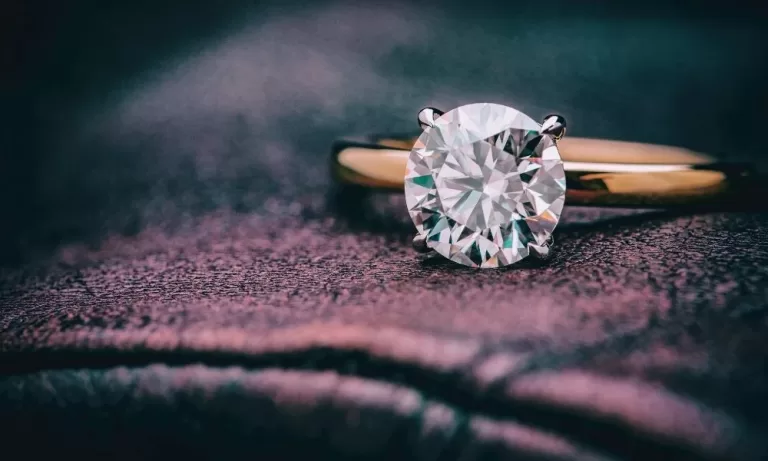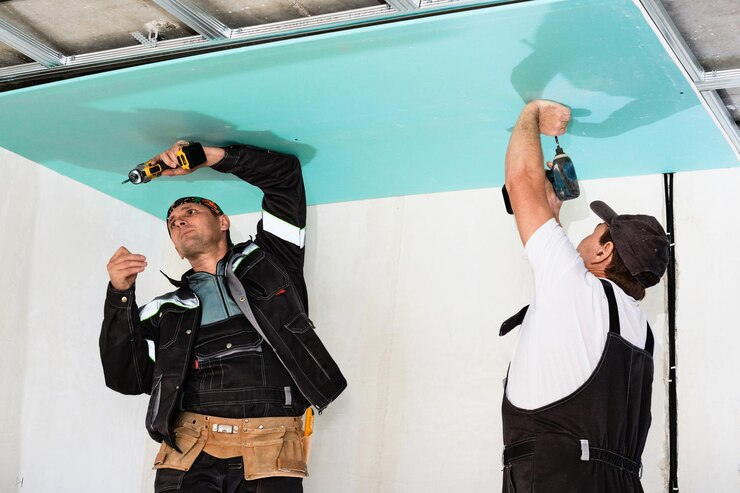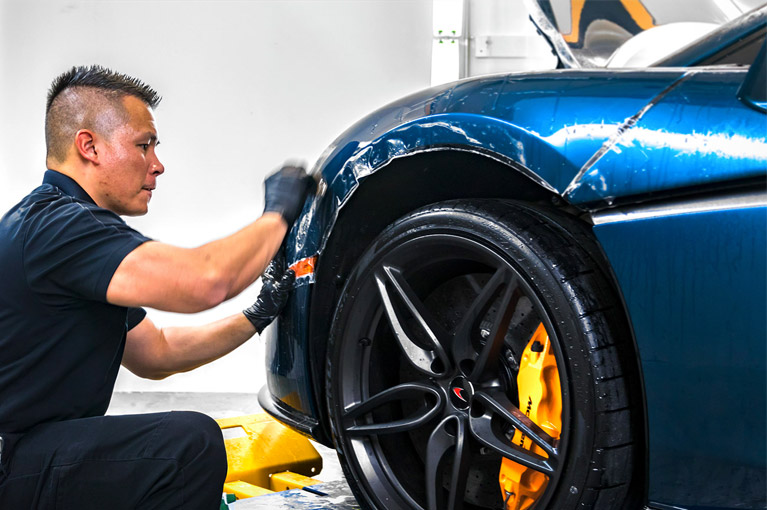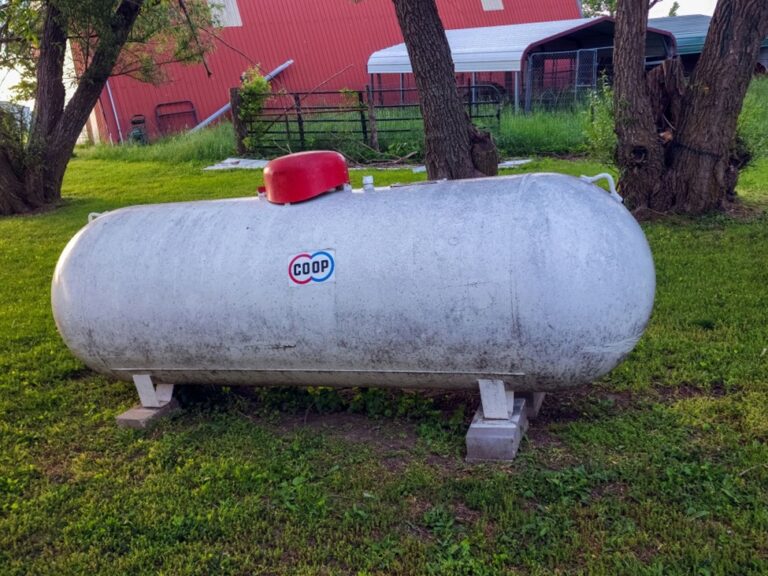Accidents can happen anytime, and chipping a tooth is a common dental emergency that can cause discomfort, sensitivity, and sometimes embarrassment. If you chip a tooth, it’s essential to act promptly. In this regard, immediately consulting a dentist Murray Hill is recommended.
Immediate Steps to Take
-
Assess the Damage
Begin by examining the extent of the damage. Check if the chip is small and cosmetic or if it exposes sensitive parts of the tooth, such as the dentin or pulp. Severe chips may also cause bleeding or sharp edges that can harm your tongue or gums.
-
Stop Any Bleeding
If your mouth is bleeding, rinse it gently with warm water. Use a clean piece of gauze to apply pressure to the affected area for about 10 minutes or until the bleeding stops.
-
Rinse and Clean
Rinse your mouth with warm salt water to clean the area and reduce the risk of infection. This also helps soothe any initial discomfort.
-
Preserve the Broken Piece
If possible, locate the chipped portion of your tooth. Place it in a small container of milk, saliva, or water to keep it moist. This may help the dentist determine the best course of treatment.
-
Protect the Area
Cover the jagged edges with dental wax or sugar-free gum to prevent cuts or irritation to your cheeks, tongue, or gums. Avoid chewing on the damaged tooth until you see a dentist.

When to See a Dentist?
You should schedule an appointment with a dentist as soon as possible. Delaying treatment can lead to complications, such as infection or further damage. If the chip is small and doesn’t cause pain, you might not consider it urgent, but a dental evaluation is still essential to ensure there’s no underlying structural damage.
For severe chips that expose nerves or result in unbearable pain, seek emergency dental care. Murray Hill has several dental professionals equipped to handle such situations.
Possible Treatments for a Chipped Tooth
Depending on the severity of the chip, the dentist may recommend one of the following treatments:
-
Bonding or Filling
For minor chips, the dentist can use a tooth-colored resin to repair the damaged area. This procedure is quick and painless, restoring the tooth’s appearance and functionality.
-
Dental Veneers
If the chipped tooth affects your smile’s aesthetics, veneers can be a great solution. These thin shells are custom-made and bonded to the front of your tooth to conceal imperfections.
-
Crowns
For larger chips that weaken the tooth, a crown may be necessary. Crowns cover the entire tooth, providing protection and restoring its strength.
-
Root Canal Treatment
If the chip exposes the pulp or nerve, a root canal may be required to prevent infection. The procedure involves cleaning and sealing the tooth’s inner chamber before capping it with a crown.
-
Tooth Extraction
In rare cases where the tooth is severely damaged and cannot be saved, extraction might be the only option. The dentist may discuss replacement options, such as implants or bridges.
Preventing Chipped Teeth
While accidents are sometimes unavoidable, you can take steps to reduce the risk of chipping a tooth:
- Avoid Hard Foods: Don’t bite down on hard candies, ice, or bones.
- Wear a Mouthguard: Use a mouthguard during sports or physical activities to protect your teeth from impact.
- Maintain Oral Health: Regular dental checkups and proper oral hygiene keep your teeth strong and less prone to damage.
- Avoid Teeth Grinding: Use a nightguard if you grind your teeth during sleep.
Conclusion
Chipping a tooth can be alarming, but knowing how to handle the situation can make a significant difference in preserving your dental health. After the damage, prioritize visiting a dentist for professional evaluation and treatment. By addressing the issue promptly and following preventive measures, you can maintain a healthy and confident smile.










